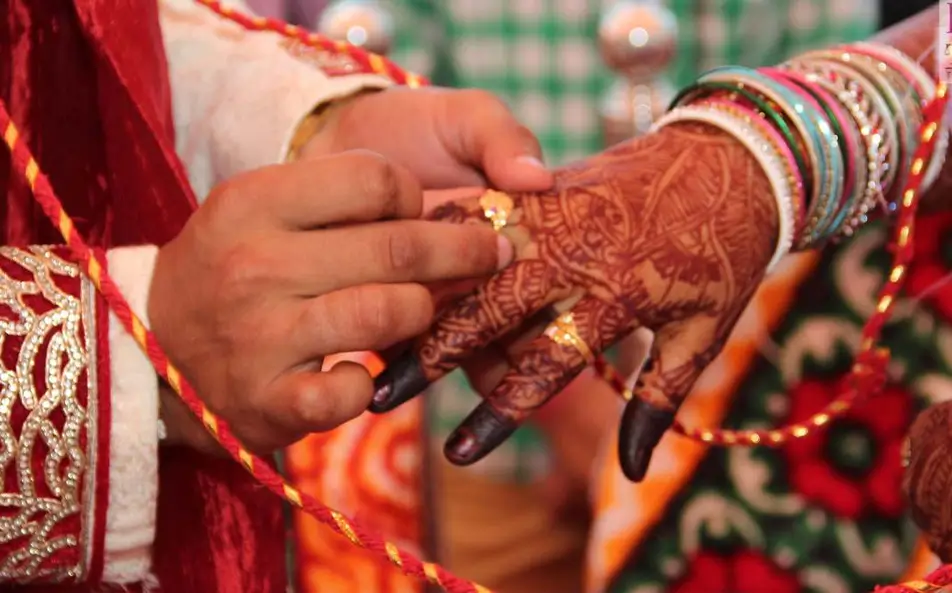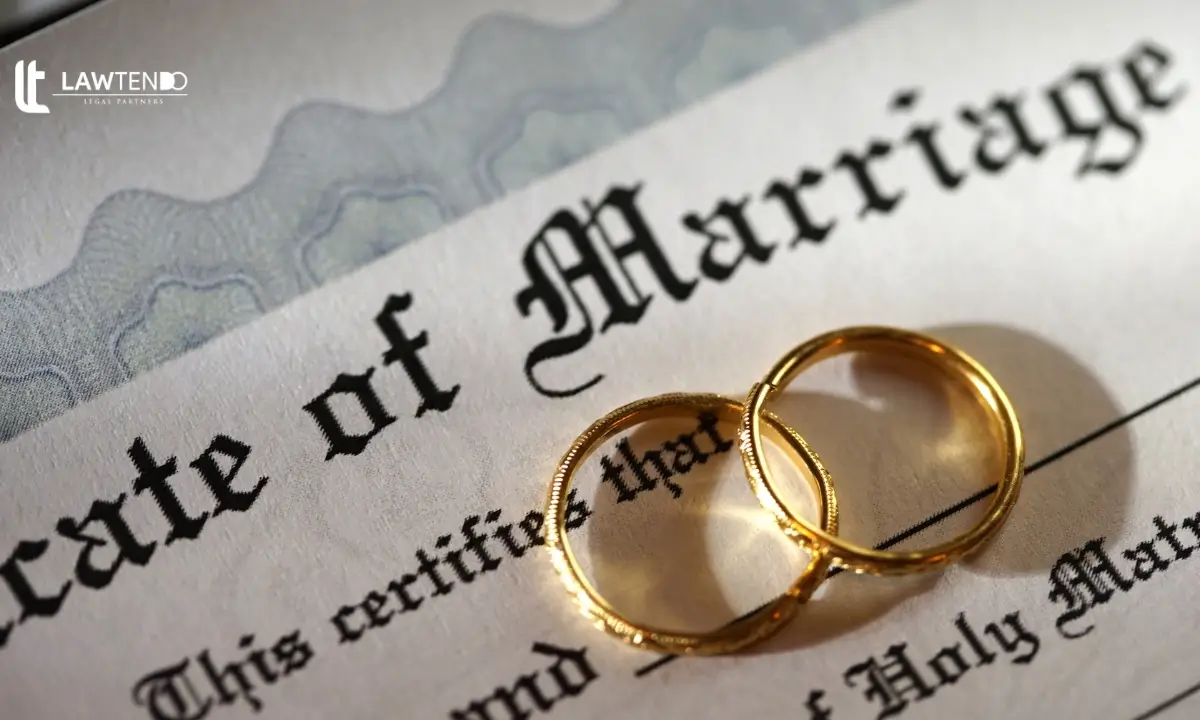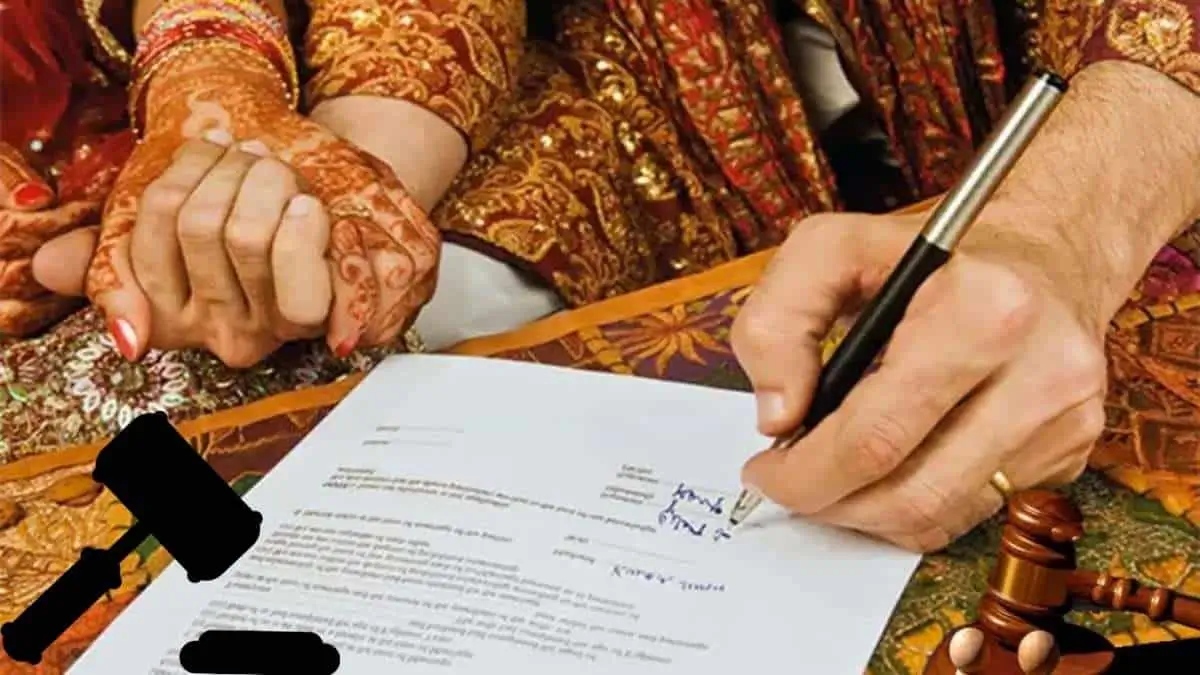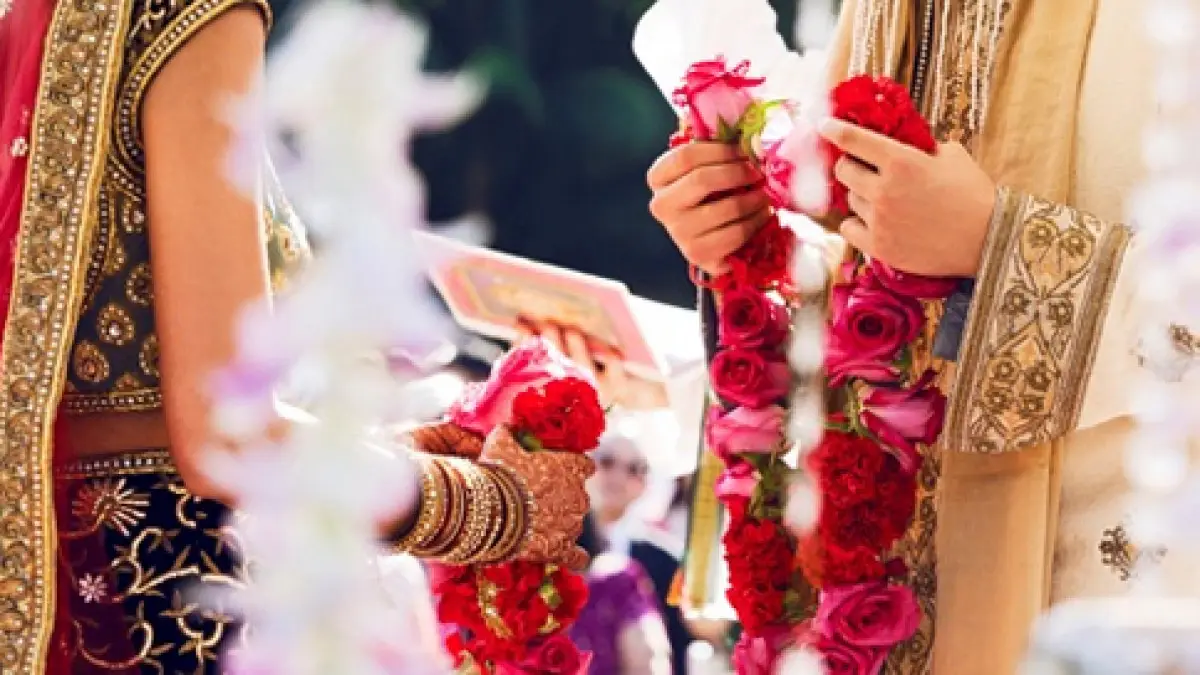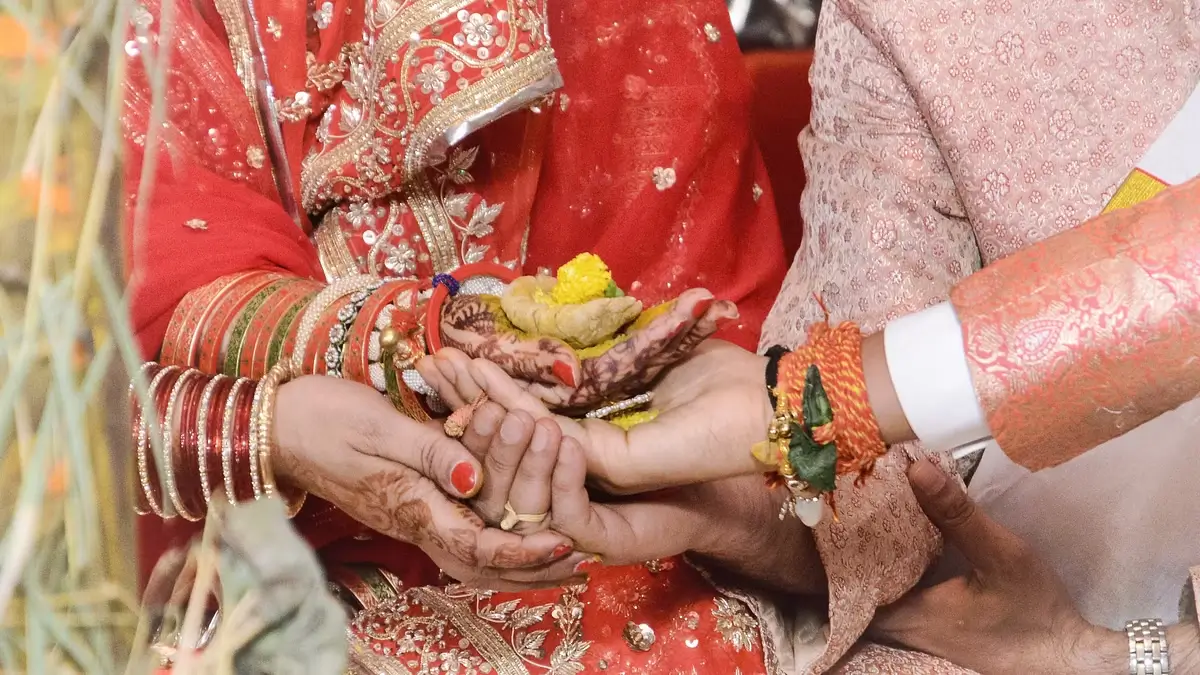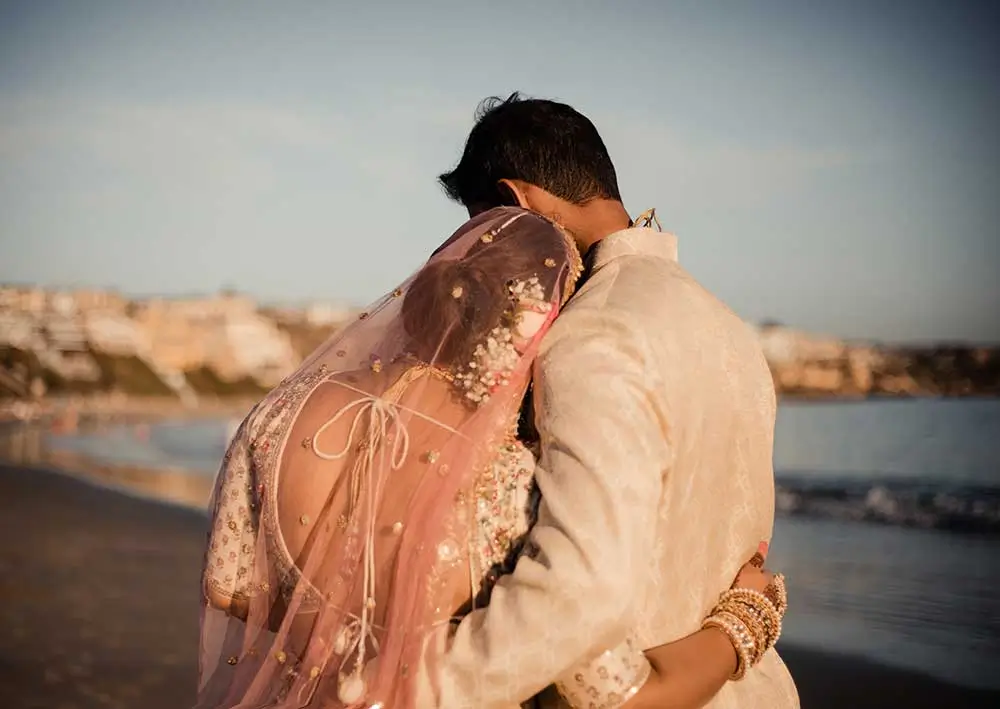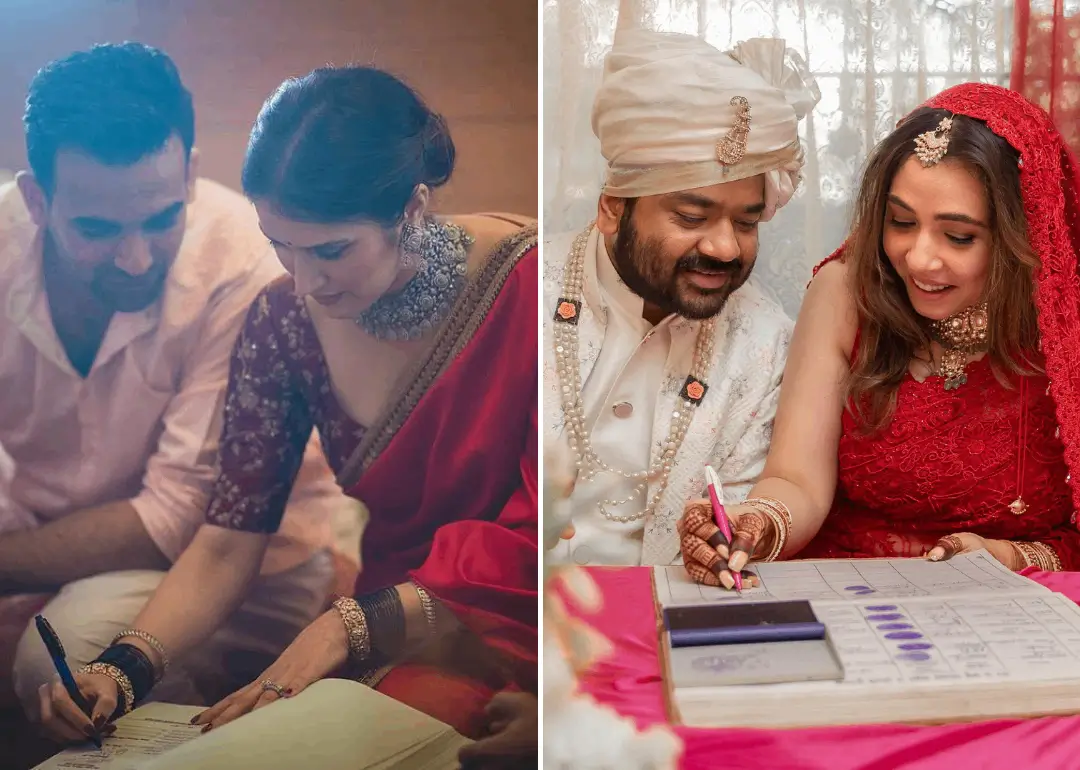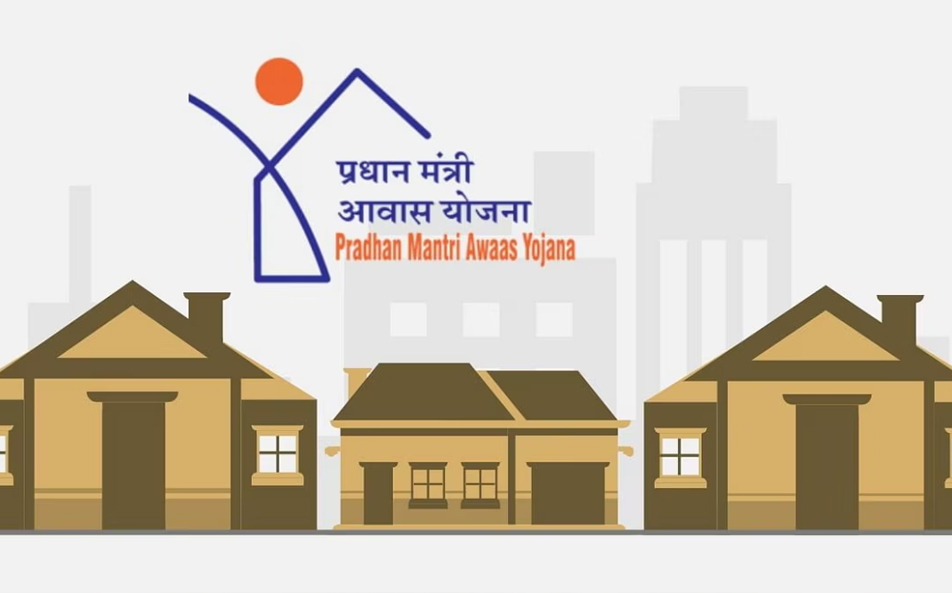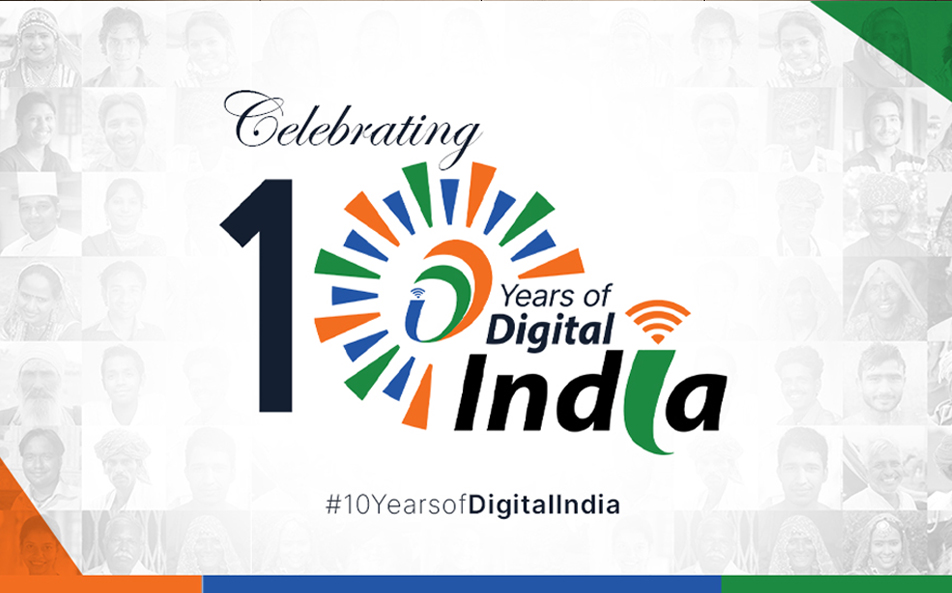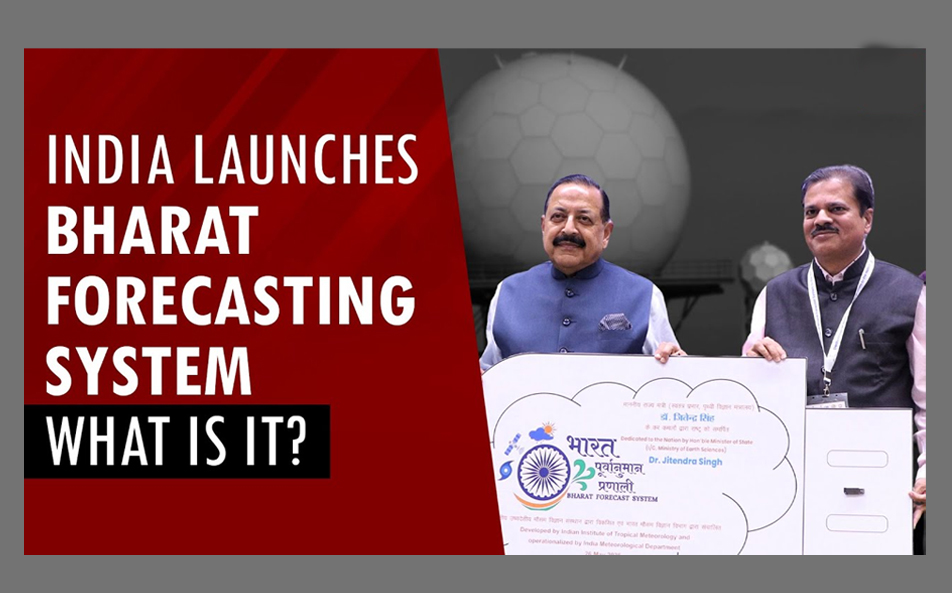
The United Indian

In a country like India where weddings are often grand, multi-day events marked by elaborate rituals, vibrant festivities, and significant expenditure, the decision of actress Sonakshi Sinha to opt for a court marriage has caught public attention. This trend of choosing a simpler, more intimate ceremony over the traditional big fat Indian wedding is gaining momentum, especially since the covid times. But what exactly goes behind a court marriage in India, and why are some couples choosing it over the traditional big fat Indian wedding?
Understanding Court Marriages in India: A Legal Union Minus the Frills
A court marriage, also known as civil marriages, are legally recognized unions solemnized under the Special Marriage Act, 1954. This is a legal and secular form of marriage. Unlike traditional weddings which are anchored in religious practices, a court marriage transcends religious and caste barriers. It's a simple ceremony conducted by a Marriage Officer (usually a Sub-Registrar) in a designated marriage hall within the court premises. It provides a legal framework for the registration of marriages, ensuring the rights and responsibilities of the couple are protected under the law.
The Legal Framework: What the Law Says
A court marriage in India occurs in accordance with the guidelines established by the Special Marriage Act, 1954. It is important to note that the judicial marriage procedure is the same in all of India's states. Without considering caste, creed, or religion, the marriage officiant performs the marriage. This marriage has been legally sanctified. To obtain their marriage certificate, the bride and groom may directly submit a court marriage application to the marriage officer. The office of the marriage official in whose district or jurisdiction the bride and groom reside can record the judicial marriage.
Conditions for a Court Marriage In India
The marriage officer can solemnise the marriage between the bride and the bridegroom under the Act if the following conditions are fulfilled at the time of marriage:
- The first and most important condition to proceed for your court marriage in India is that both of the bride and groom do not have an existing spouse.
- The bride and groom must be able to legally agree to the marriage and be of sound mind. They must also not have a mental disorder that would make them unfit for marriage and having children, and they must not have had repeated episodes of going crazy.
- The groom must have completed 21 years of age, and the bride should be minimum 18 years of age
- The bride and groom are not in a relationship that is illegal in any way.
Documents Required for Court Marriage in India
The following paperwork must be presented by the couple with their application for court marriage in India:
- Separate affidavits from the bride and bridegroom containing the following details:
- Date of birth
- Marital status – widower/unmarried/divorcee
- Affirmation that the couple are not related to one another within the degree of prohibited relationship
- Passport-size photos of the bride and groom
- Residential proof of both the bride and the groom
- Proof of date of birth of the bride and bridegroom
- Copy of the notice of the intended marriage signed by the couple
- Copy of divorce order, in the case of a divorcee and death certificate of a spouse, in case of a widower/widow
The documents required to be submitted by all the witnesses are as follows:
- Passport size photo
- Copy of PAN card
- Copy of identity proof
Court Marriage Procedure in India
Step 1- Notice of marriage
The bride and groom are required to provide the marriage officer with the court marriage application form, which serves as notice of their intended union. Before thirty days of the intended marriage date, the notice of the intended marriage must be given as specified in the second schedule of the Act. It ought to be handed to the marriage officiant whose jurisdiction both parties have continuously resided in for at least 30 days.
Step 2 - Publication of the notice
The next prescribed step as per the procedure of a court marriage in India is that the notice of intended marriage submitted by the parties will be published by the marriage officer by being attached to a prominent location within the marriage officer's office. Following publication, anyone may object to the marriage within 30 days of the notice's publication; if no objection is raised, the marriage officer will consummate the marriage 30 days after the notice's publication.
Step 3 - Objection to marriage, if any
Within 30 days of the news of the planned marriage going public, anyone can complain against this marriage proposal. An individual can request a complaint to the marriage officer if they believe that the proposed marriage does not meet any of the requirements for a legal marriage. Although, the reason for not wanting the marriage should be formal and not personal. Once the complaint is received, the marriage officer has 30 days to find out more about it. If there are no other legal issues that need to be dealt with, the marriage officer can perform the ceremony after asking about the objection.
Step 4 - Declaration by parties and witnesses
To complete this part under the procedure of court marriage in India, the parties are required to appear before the marriage officer and provide a declaration in the event that there is no objection to the marriage or the marriage officer dismisses the objection. In front of the marriage officer, the parties to the marriage and three witnesses must present the declaration in accordance with the third schedule of the Act. The declaration will be countersigned by the marriage official as well.
Step 5 – Place of marriage
As per the rules, a court marriage in India can occur at the marriage officer's office or at any other location that the parties mutually agree upon that is within a reasonable distance. The extra costs as specified must be paid by the parties if they decide to have the marriage formally performed somewhere else. Whatever format the parties decide on can be used to solemnize the marriage.
Step 6 - Certificate of marriage
Following the solemnization of the marriage, the marriage officer will issue the marriage certificate. The marriage certificate needs to be signed by the couple getting married as well as three witnesses. A court marriage in India is unquestionably proven by the marriage certificate. The marriage certificate book will be updated with the information of the marriage by the marriage official.
Why Opt for a Court Marriage in India?
While traditional weddings hold a special place in Indian culture, there are several reasons why couples are increasingly choosing court marriages in India:
- Simplicity and Speed: A court marriage is a streamlined process compared to the elaborate preparations for a traditional wedding. It's ideal for couples who prefer a quicker and less stressful approach.
- Cost-Effective: Traditional weddings often involve significant financial investment. Court marriages are a budget-friendly option, eliminating the need for extensive guest lists, venue rentals, and elaborate decorations.
- Inter-caste and Inter-religious Marriages: The Special Marriage Act removes religious and caste barriers, making it a viable option for couples from different backgrounds who may face societal or family opposition for a traditional wedding.
- Personal Choice: Some couples may simply prefer a more private and intimate ceremony. A court marriage allows them to focus on the core aspect of marriage – the union of two individuals – without the pressure of societal expectations.
Many couples, both celebrities and non-celebrities, are opting for court marriages in India for various reasons. This highlights the changing social landscape and the increasing acceptance of alternative wedding formats.
Conclusion: A Well-Informed Choice
Court marriages in India are becoming a preferred choice for many due to their simplicity, legal robustness, and inclusive nature. They offer a practical alternative to the traditional, elaborate Indian wedding, aligning with modern values of equality and individual choice.
As Indian society continues to evolve, it is likely that we will see a further increase in the number of couples opting for court marriages. This shift reflects changing attitudes towards marriage, relationships, and personal freedom in modern India. However, it's important to note that this trend does not necessarily signal the end of traditional Indian weddings. Rather, it represents an expansion of choices available to couples, allowing them to celebrate their union in a way that best aligns with their values, preferences, and circumstances.
Ultimately, whether a couple chooses a court marriage or a traditional ceremony, the most important aspect remains the commitment and love shared between the partners. As India moves forward, the coexistence of various forms of marriage ceremonies will likely become more common, reflecting the diverse and dynamic nature of Indian society.
Read more in Government Sector
Jul 11, 2025
TUI Staff
Jul 09, 2025
TUI Staff
May 28, 2025
TUI Staff

Stay Tuned with The United Indian!
Our news blog is dedicated to sharing valuable and pertinent content for Indian citizens. Our blog news covering a wide range of categories including technology, environment, government & economy ensures that you stay informed about the topics that matter most. Follow The United Indian to never miss out on the latest trending news in India.
©The United Indian 2024

